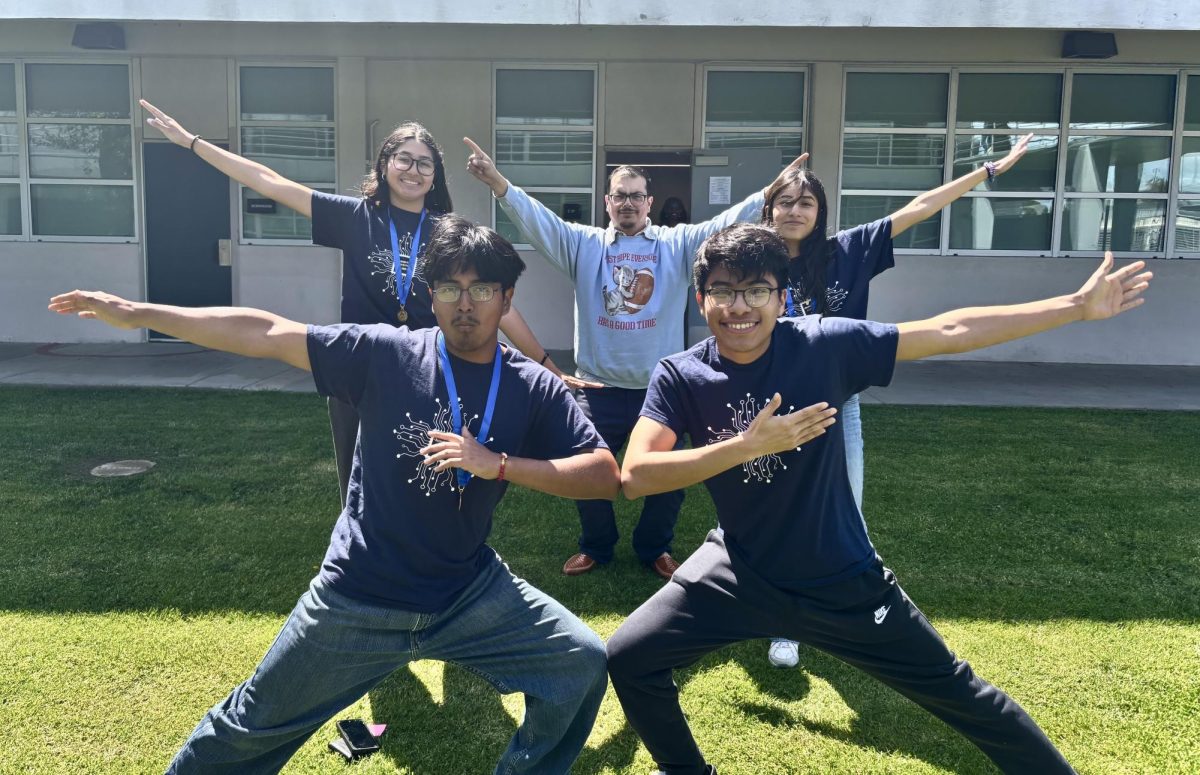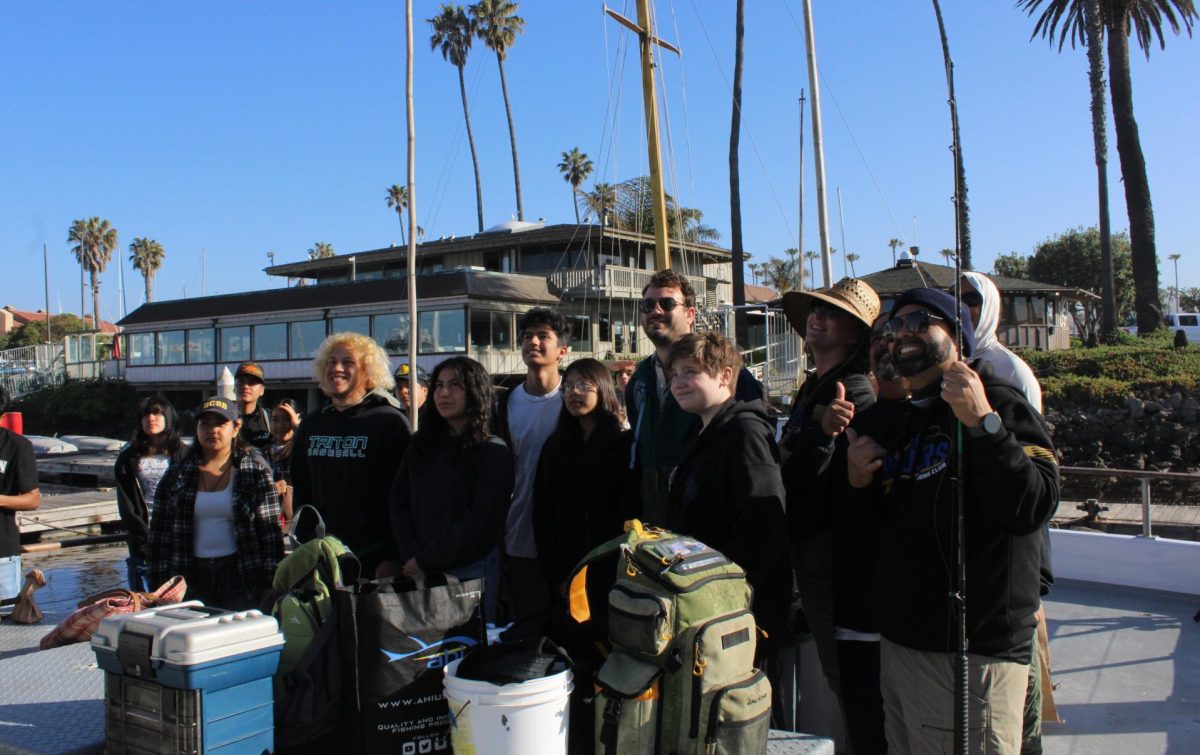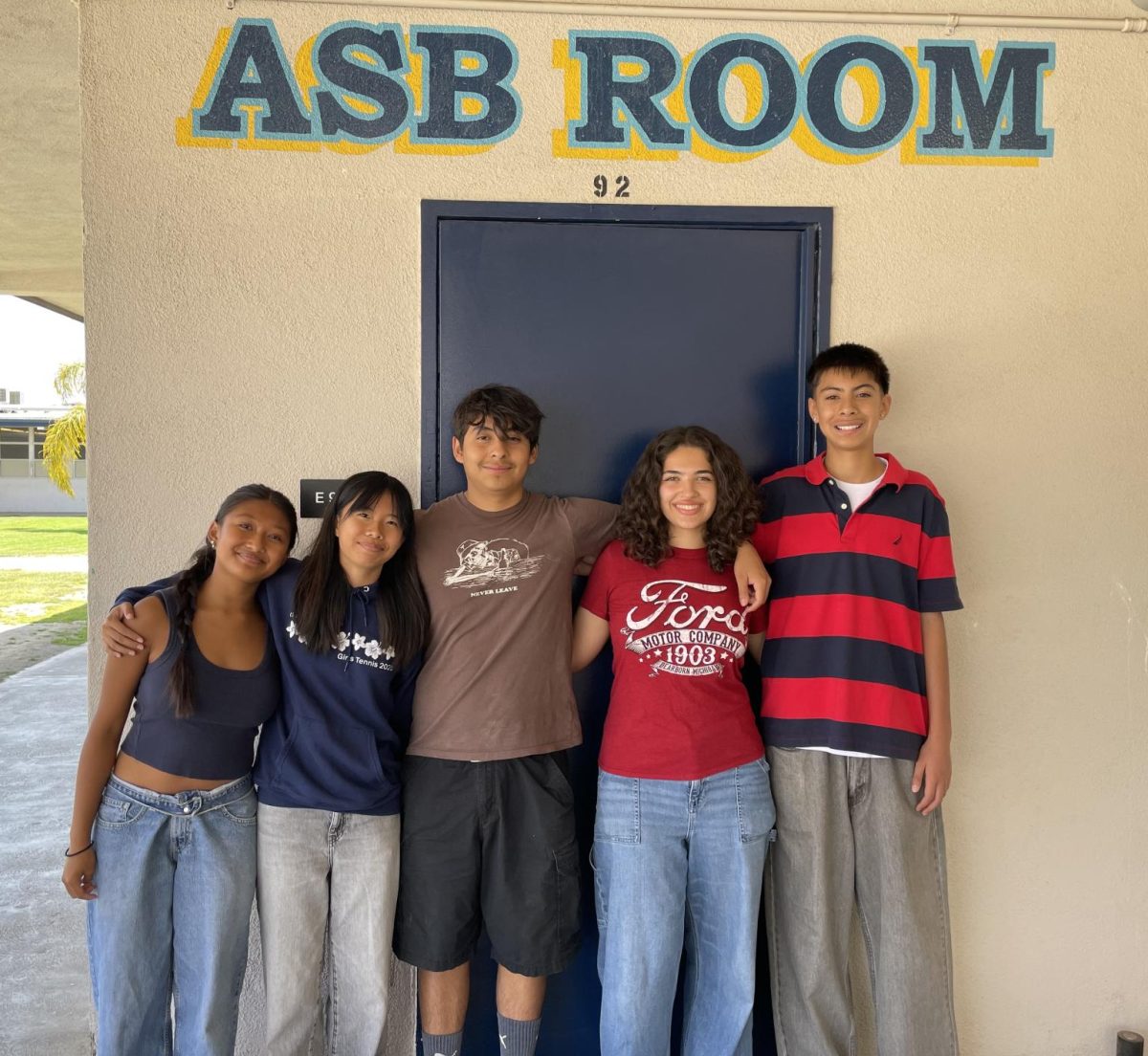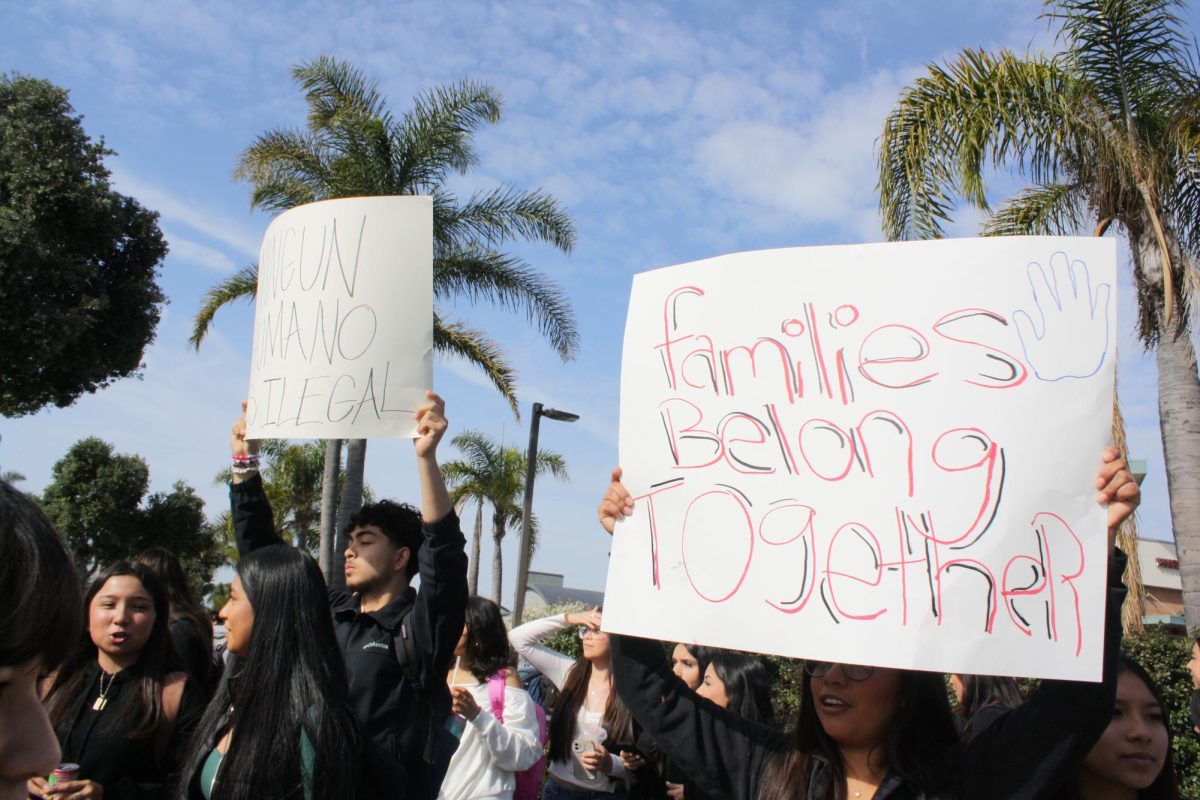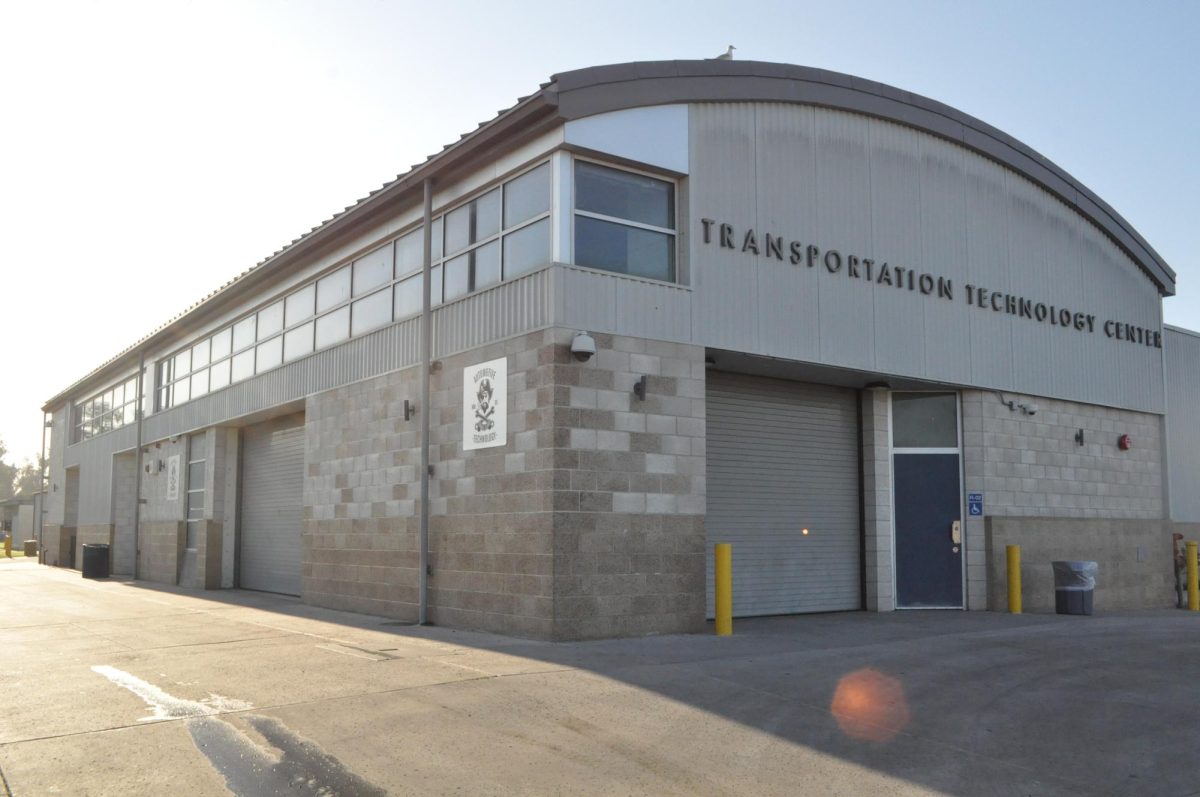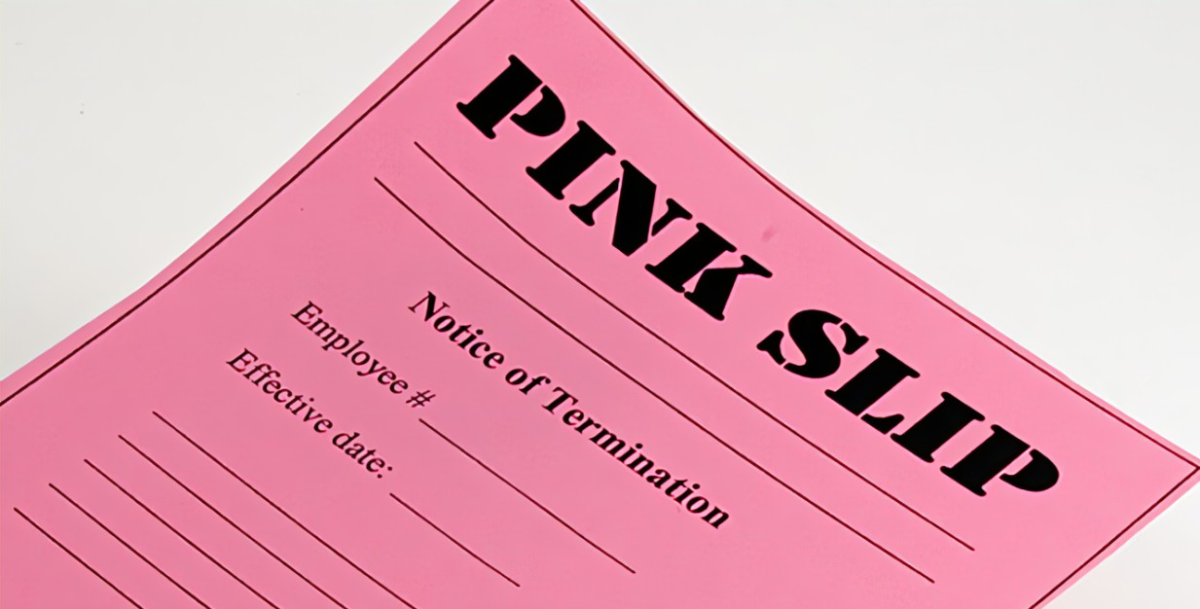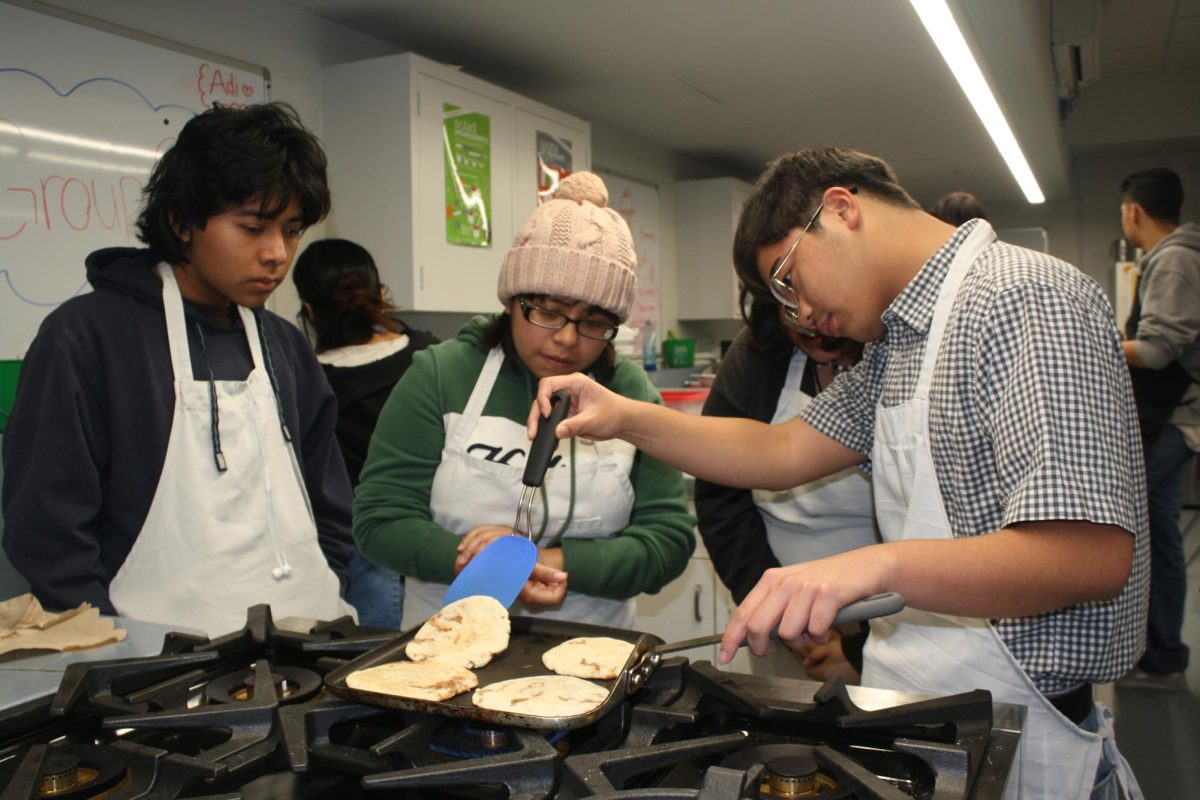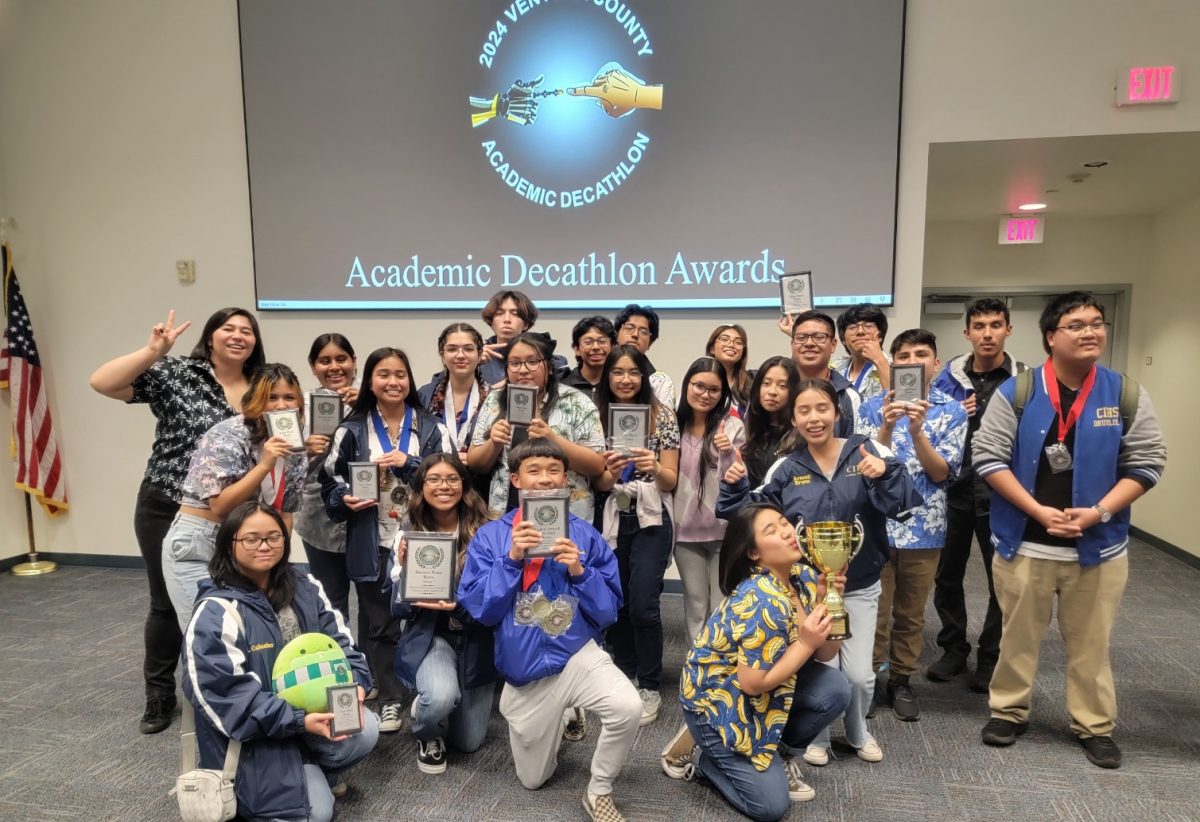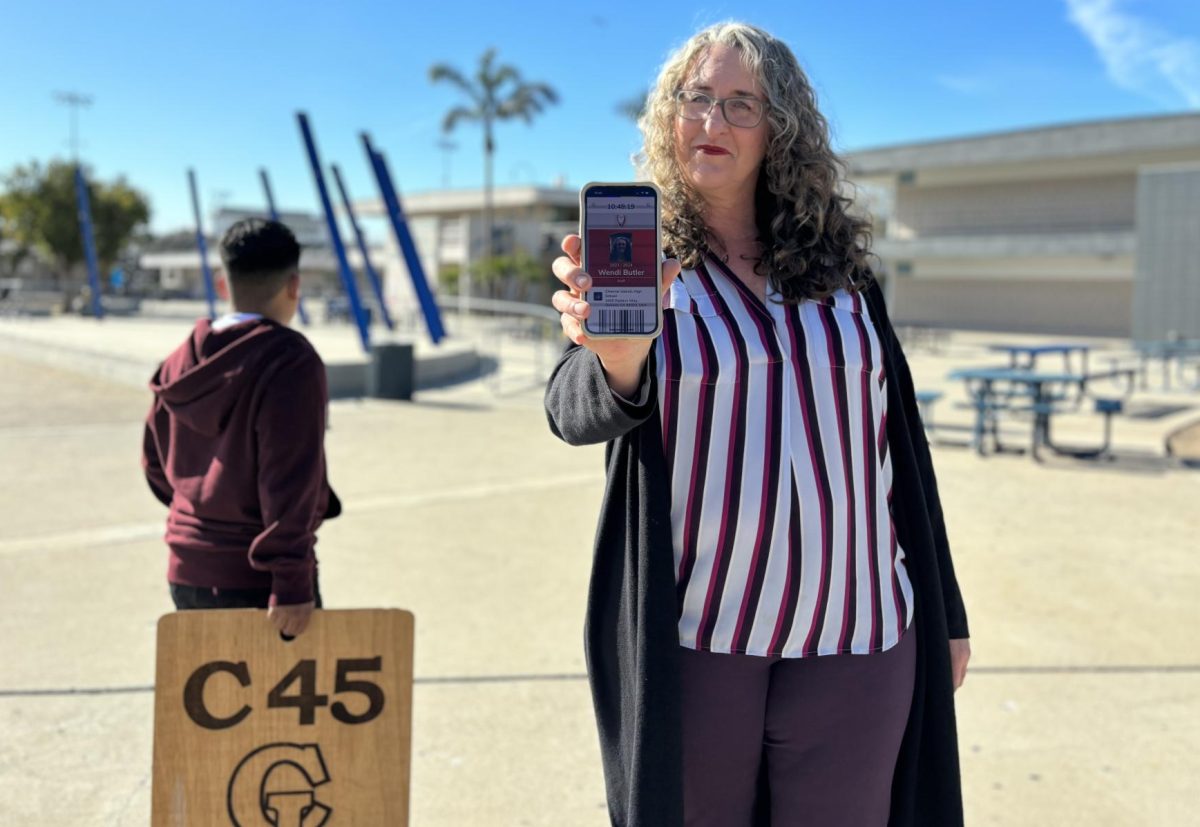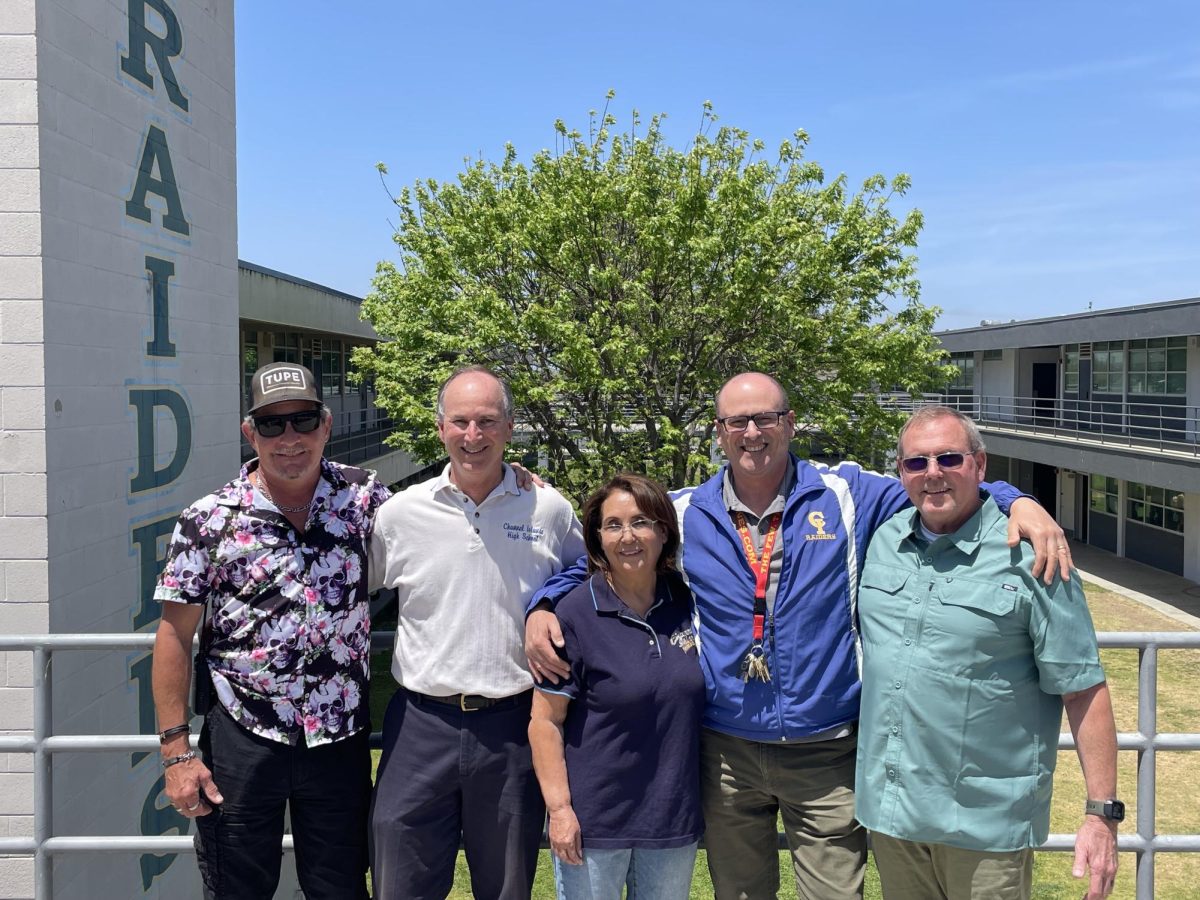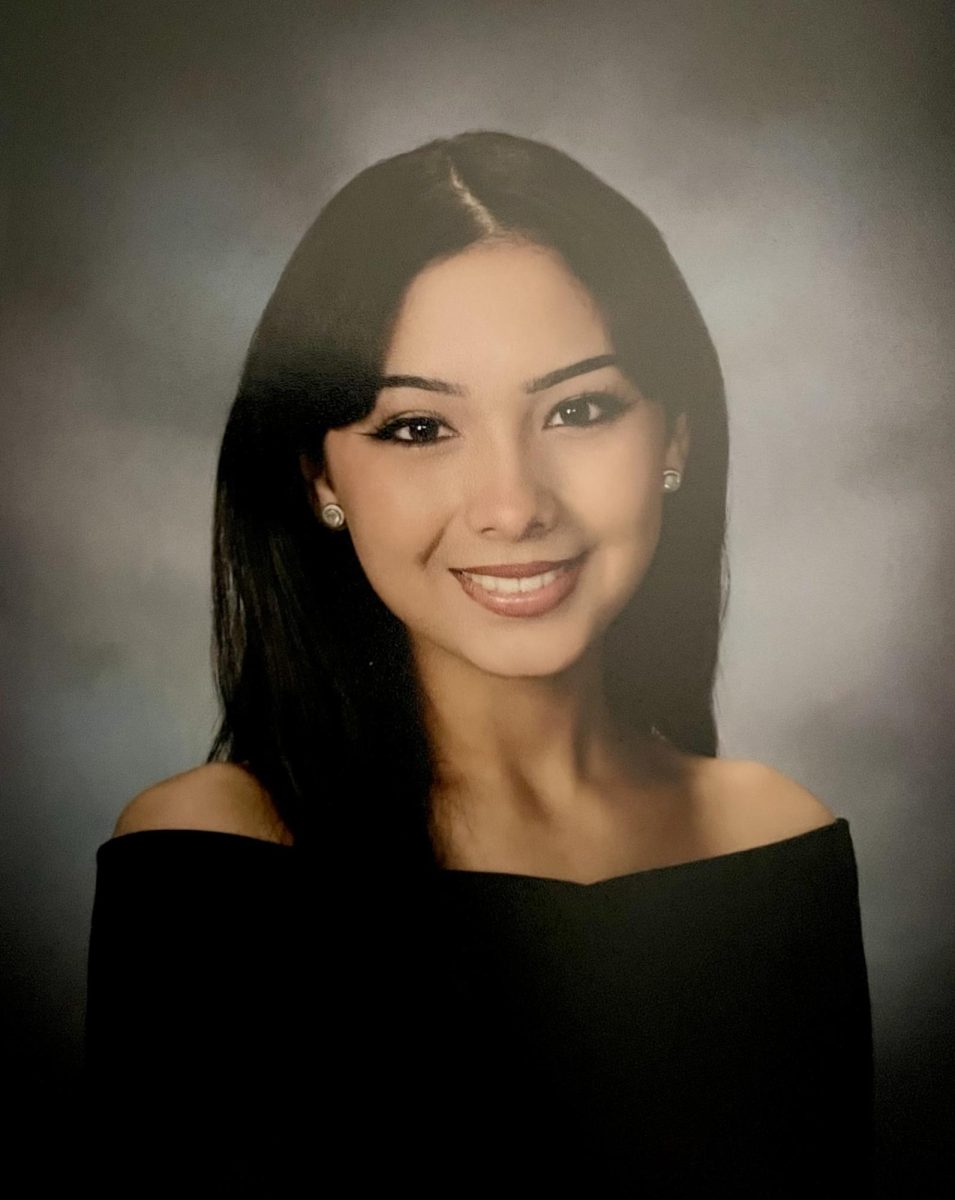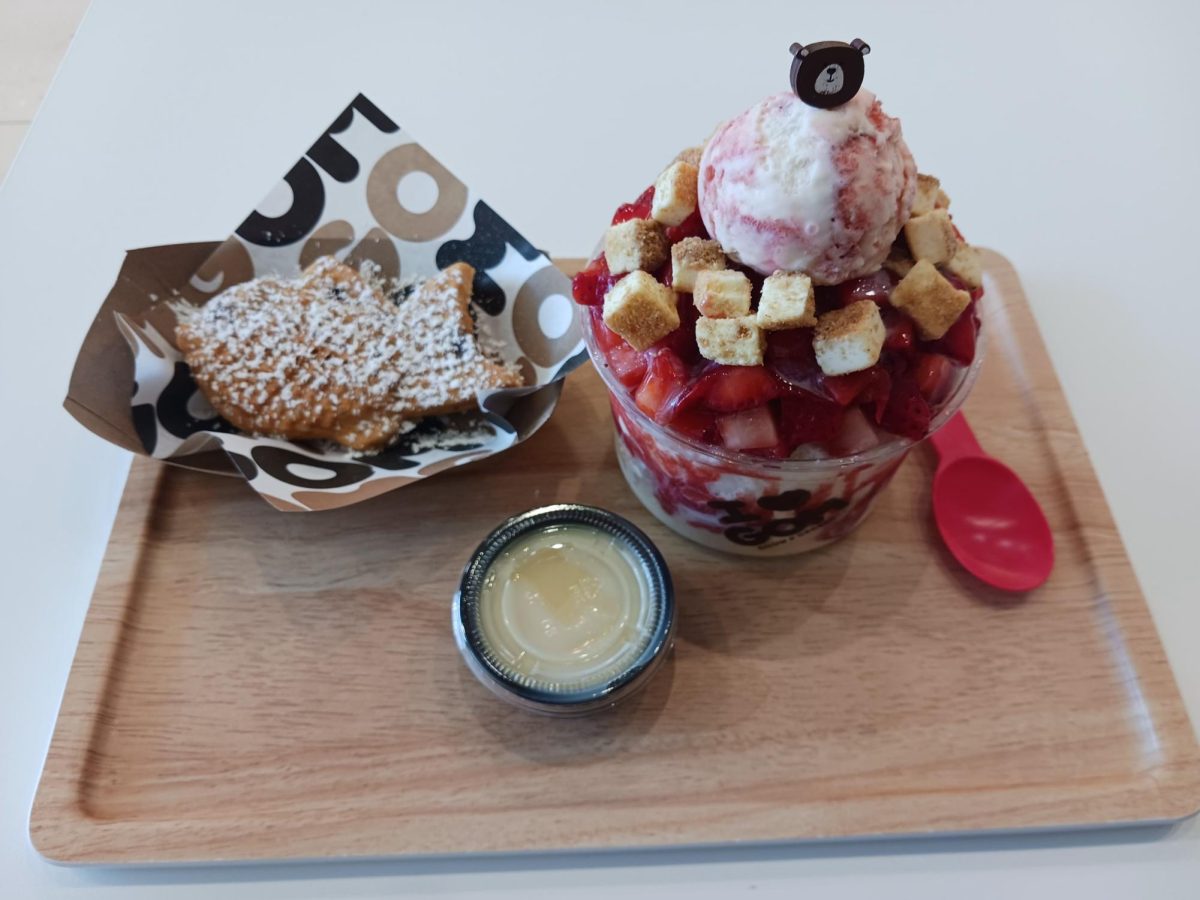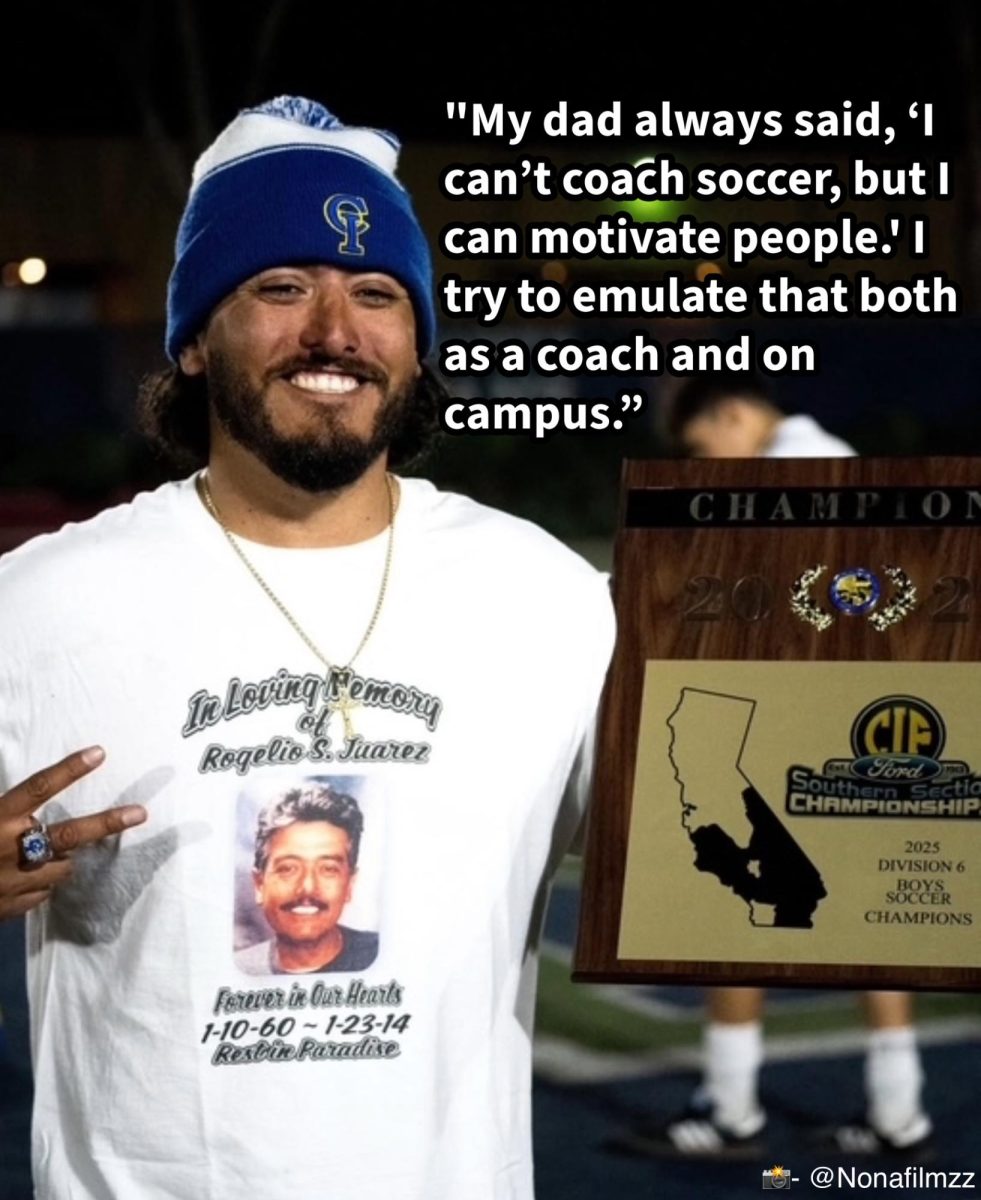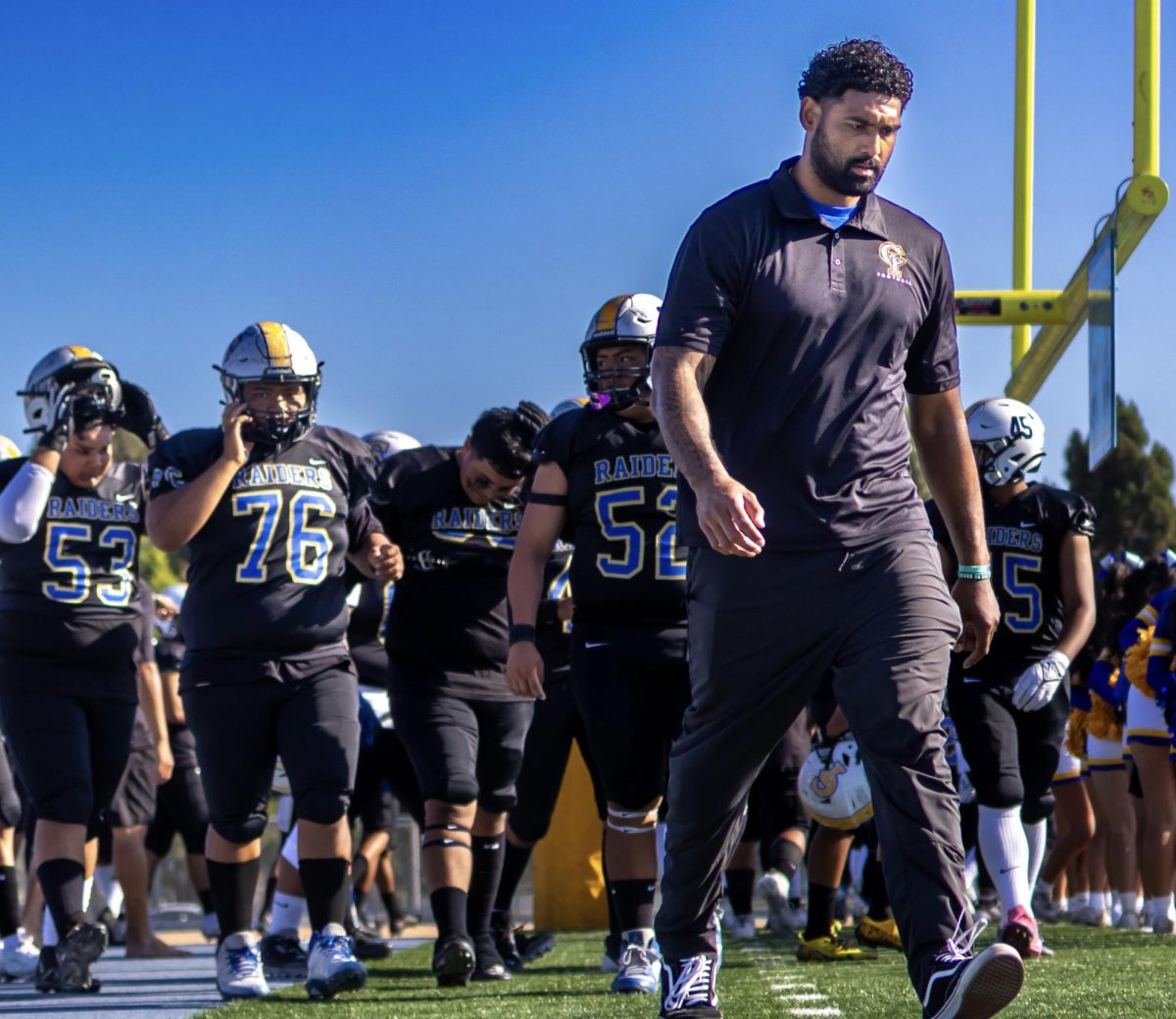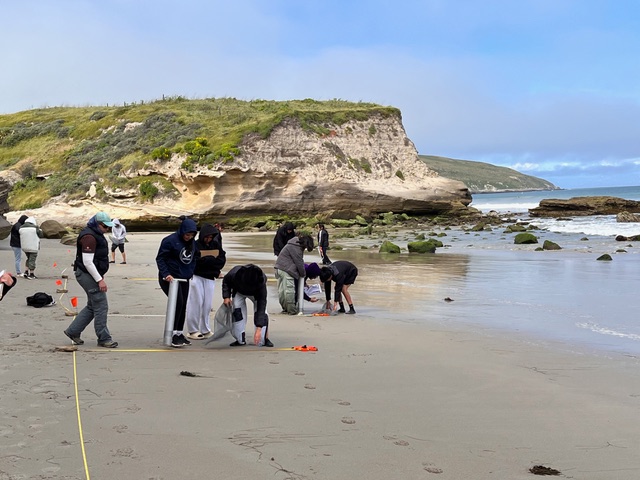MESA, which stands for Mathematics, Engineering, Science Achievement, has been a part of CI since the 1980s. As of recently, the club is run by seasoned advisors Ms. Sarah Mutuku and Mr. David Corona. Mr. Corona has been an advisor for 10 years with Ms. Mutuku beating him in seniority with 16 years under her belt. The two hold MESA meetings in room 37 every Thursday during lunch.
MESA’s impact on the Islands doesn’t go unnoticed either as out of 40 participants that CI took to MESA day at UCSB on March 19. Three teams succeeded in medaling in their respective events, making their way to regionals at CSULA on April 19.
Taking first place in the “Math Escape Challenge” was Ramon Solano (11th), Fatima Mota (11th) and Giovanni Sanchez (11th). Taking first place in the “Moon Base” Design Challenge was Maria Bautista (9th), Janyl Miranda (10th) and Samantha Infante (10th). Taking third place in the “Cargo Glider” Design Challenge was Adriangelo Ashan (12th), Jerold Domingo (12th) and Dylan Cahuantzi (12th).
“The whole competing thing was scary, and puts people off, but you just have to take the risk and have fun,” said Infante.
The MESA competition is separated by classes, so underclassmen (9th-10th) compete together while upperclassmen (11th-12th) compete together across all categories, Mr. Corona explained.
“Members are allowed to choose their own event to compete in and have to form their own groups,” he added.
MESA’s events have a range of categories to compete in, all ranging from hands-on events like making gliders out of balsa wood or moon base design, to more academic events like Speech and Math escape.
“I was surprised; it was a good thing because I felt like the work we put into it, me and my group, paid off,” said Infante.
Similarly, Solano reflected on his win on the “Math Escape” challenge: “It was my first time competing and I felt scared. I didn’t expect myself to win as it was really difficult, so I was surprised to see my name on the board.”
Compared to other clubs, MESA is more “interactive,” Sanchez stated, and has a lot more opportunities for teamwork. Adding to that, Mota said, “It’s very collaborative and hands-on. You’re not just staring at a Chromebook all day while you’re there. You’re actually stimulated and get energy out of the club.”
However, some found it easier to adapt into the club than others.
“When I first joined freshman year I didn’t really have any doubts except for the part where I couldn’t find team members since none of my friends wanted to join the club,” shared Mota.
Infante shared a similar sentiment: “The whole competing thing was scary and kind of intimidating, but honestly it’s not that bad. You just have to take the risk.”
MESA’s members are all very supportive of each other with some of their fondest memories being the time spent together between or during events. “One of the most memorable moments I have with the club was when we were testing our cargo gliders and when I tested mine the spring pushed it back, and I ended with a negative distance,” Solano recounted.
Though the club can be very taxing mentally, its members have all created a system that lets them balance and focus on school work and MESA duties.
“You just have to really plan everything out because to balance school, sports, and clubs, it’s a lot, but you can make it work,” Infante says.
“Join MESA, it’s fun,” Sanchez says.
